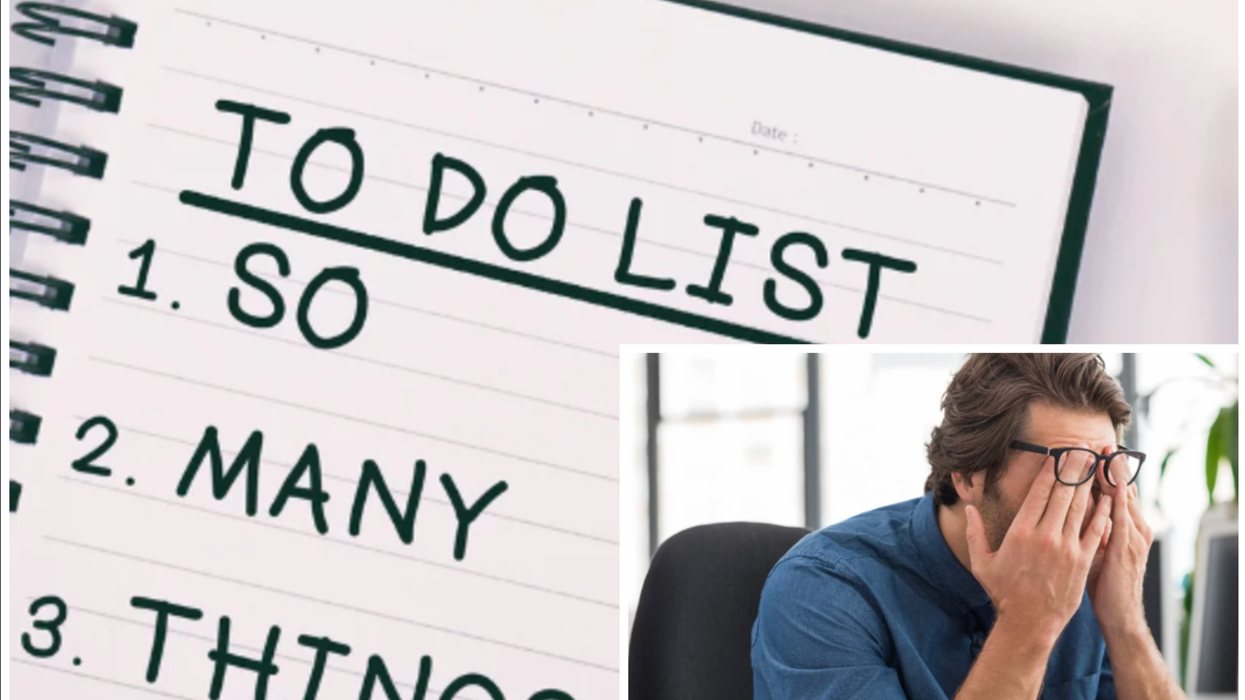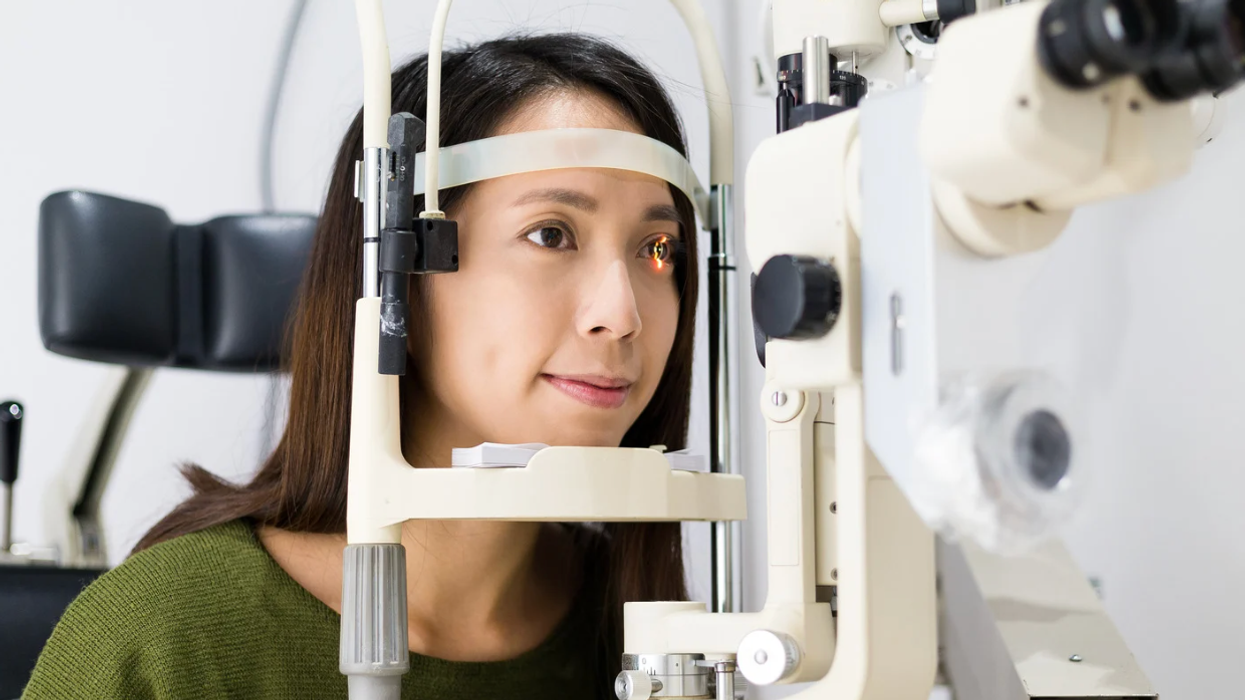In case you’re a girl or guy that’s ever fallen back on the convenient excuse that women just can’t navigate as well as a man – you’re in need of a new crutch, because science has proven that women can read a map just as well as men do.
While it has been demonstrated that men tend to perform better in tests requiring spatial ability, but UCSB’s Margaret Tarampi, the lead author of a recent study in Psychological Science, suggests that this isn’t an innate difference, but something that manifests as a result of social influences. In short, if people are repeatedly told that they’re inferior at something, they tend to match the lowered expectations and perform poorly as a result.
Videos such as this one serve as quintessential relics of the outdated theory:
Supporting this line of thinking is the fact that women only performed worse than men at map reading when they were informed of the age-old stereotype. Those who weren’t scored as well as men. That said, the test also found that women’s abilities increased when the task was tied to a social component, like helping a stranger or incorporated a human dimension such as relying on faces as milestones.
So as much as this news rebukes the age-old fallacy, it also serves as a reminder that self-fulfilling prophecies are powerful phenomena in the human mind. Says Tarampi to the Huffington Post:
“When we tell participants that this is a test of perspective-taking and perspective-taking is about empathy, then in that case women perform the same as males.”
So the bad news for this guy is that if he’s looking for scientific support, he’s going to need to fund a new study, and even then, I wouldn’t bank on things shaking out the way he wants:
The study doesn’t discredit earlier work suggesting specific strengths and weaknesses in the realm of spatial abilities, but it does put them into an important context that suggests “baggage” may affect a person’s ability in tests such as these. So if you’ve drawn the short end of the stereotype when it comes to navigation and map reading, you will find you’re far more capable than you’ve been given credit for.





















 Ladder leads out of darkness.Photo credit
Ladder leads out of darkness.Photo credit  Woman's reflection in shadow.Photo credit
Woman's reflection in shadow.Photo credit  Young woman frazzled.Photo credit
Young woman frazzled.Photo credit 